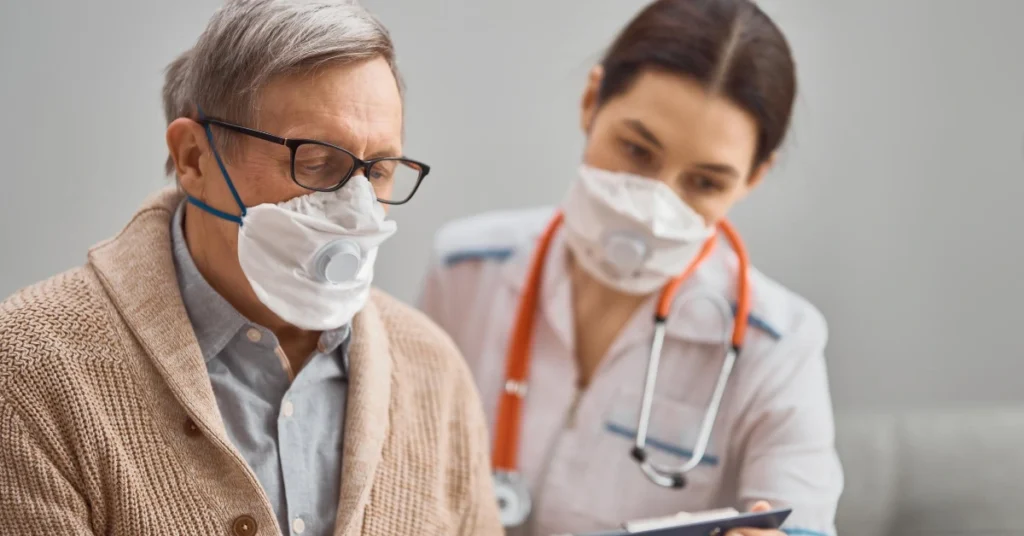In March 2020, as the entire world supported or encouraged people to stay home safely to protect them against COVID-19, health care workers & providers played a major role in controlling the outbreak.
The COVID-19 Pandemic’s Impact on Reimbursements

As with all other industries, healthcare providers are also facing financial challenges stemming from COVID-19. The outbreak also raised issues around the patient’s financial responsibility for paying medical bills after receiving medical care for COVID and its symptoms. The situation further worsened as healthcare providers struggled in getting due reimbursements for COVID-19 treatments, for high deductible health plans and other cost-sharing arrangements.
Government Support for COVID-19
The Trump Administration is providing support to healthcare providers in fighting the COVID-19 pandemic. The President signed several legislations including the Families First Coronavirus Response Act (FFCRA), the Paycheck Protection Program and Health Care Enhancement Act (PPPHCEA). Each of these acts was funded with over $1 billion to reimburse providers for conducting COVID-19 testing for the uninsured. Additionally, the Coronavirus Aid, Relief, and Economic Security (CARES) Act provided as much as $100 billion in relief funds to hospitals and other healthcare providers in the front line.
HRSA COVID-19 Uninsured Program and Steps to Get Reimbursed
To participate, providers should register into the HRSA COVID-19 Uninsured Program. Health care providers who have conducted COVID-19 testing or provided treatment for uninsured individuals with a COVID-19 diagnosis on or after February 4, 2020, can request claims reimbursement through the HRSA COVID-19 Uninsured Program Portal electronically and will be reimbursed generally at Medicare rates, subject to available funding.
Getting Reimbursed Via the HRSA COVID-19 Uninsured Program
· Enroll as a provider participant
· Check patient eligibility
· Submit patient information
· Submit claims
· Receive payment via direct deposit
Who Is Eligible?
Providers may submit claims for the uninsured by verifying and attesting that the patient does not have any US health care plans i.e., uninsured. A patient is considered to be uninsured if he does not have any individual health care plan, employer-sponsored plan, federal healthcare program, or no other payer to reimburse for COVID-19 testing and/or treatment.
What is Covered?
A comprehensive list of medical services rendered and the tests performed are covered.
-
Long-term acute care
-
Acute inpatient rehab
-
Home health
-
DME
-
Emergency ambulance transportation
-
Non-emergent patient transfers via ambulance/
Any tests were done at the following places:
-
The Office
-
Urgent care
-
Emergency room
-
Through telehealth
-
Skilled nursing facility

